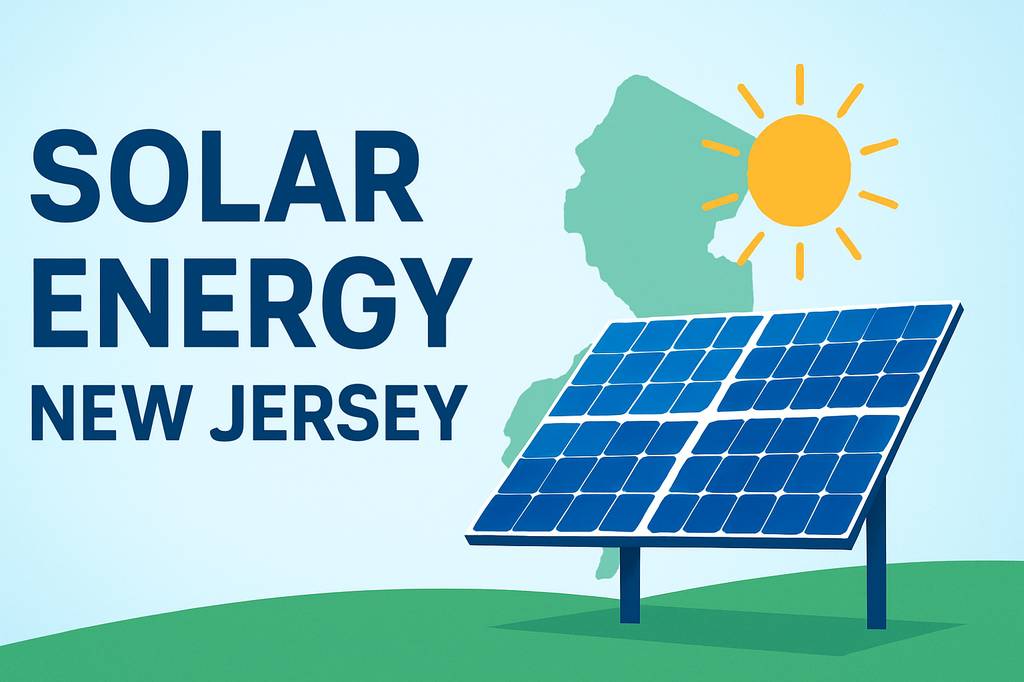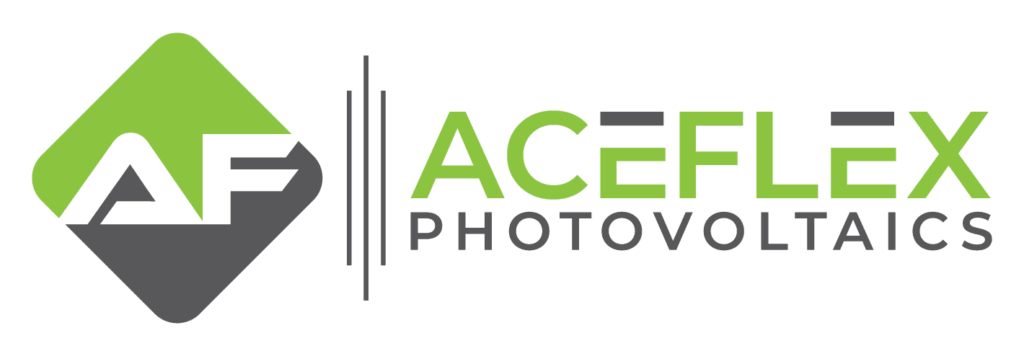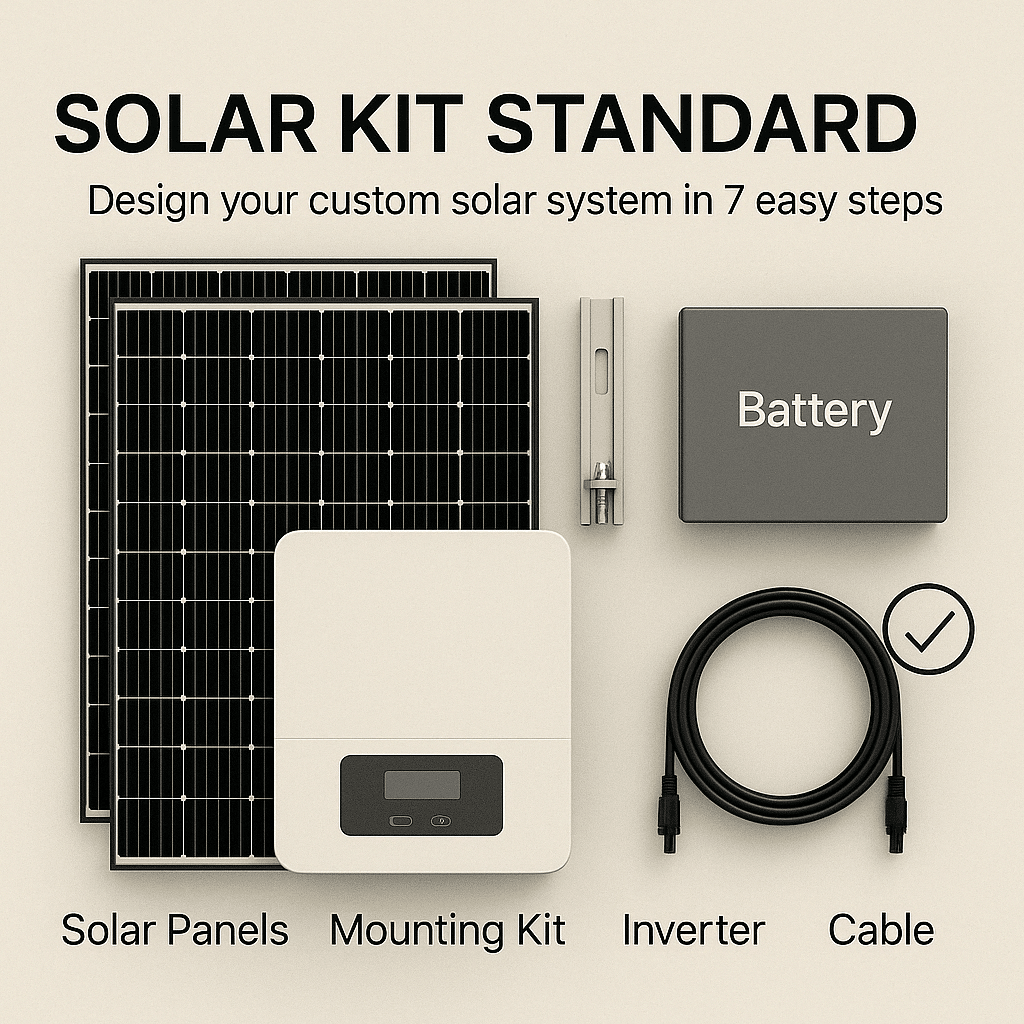📦 Fast Delivery – Order Now!
💸 Shop Safely – 100% Money-Back Guarantee
👨🔧 Lifetime Customer Support
📦 Fast Delivery – Order Now!
💸 Shop Safely – 100% Money-Back Guarantee
👨🔧 Lifetime Customer Support
New Jersey has become one of the most dynamic solar markets in the United States. With rising electricity prices, attractive incentives, and strong statewide policies, interest in solar energy in New Jersey is at an all-time high. Both homeowners and businesses are turning to solar to reduce energy costs, increase property value, and support clean energy initiatives. This article explores why the Garden State is leading the way and what residents need to know before going solar.
New Jersey consistently ranks among the top states in the U.S. for installed solar capacity. According to the Solar Energy Industries Association (SEIA), the state has surpassed 170,000 individual solar installations powering homes, schools, and commercial properties. New Jersey’s clean energy goals target 50% renewable electricity by 2030, making solar a central pillar of the state’s strategy. With mature incentive programs and a well-established market, New Jersey remains one of the most favorable environments for both residential and commercial solar adoption.
| Year | Capacity (MW) | Installations (count) |
|---|---|---|
| 2016 | 2200 | 75000 |
| 2017 | 2400 | 88000 |
| 2018 | 2700 | 102000 |
| 2019 | 3200 | 118000 |
| 2020 | 3600 | 135000 |
| 2021 | 4000 | 150000 |
| 2022 | 4400 | 160000 |
| 2023 | 4700 | 168000 |
| 2024 | 5000 | 172000 |
| 2025 | 5300 | 176000 |
| Source: SEIA State Solar Policy – New Jersey (09/2025). | ||
New Jersey stands out as one of the most financially rewarding states for solar adoption. With electricity prices among the highest in the country, homeowners and businesses can offset a significant share of their utility bills by generating their own power. Many systems reduce monthly energy costs by 50–90%, depending on size and consumption.
Another major advantage is the state’s favorable net metering policy. Any excess electricity produced is sent back to the grid in exchange for bill credits, allowing solar users to maximize savings year-round. Combined with strong sunlight levels and dense grid infrastructure, this makes solar energy in New Jersey especially efficient and predictable.
Solar also boosts property value without increasing property taxes, thanks to statewide exemptions. For businesses, installing solar can improve ESG positioning, stabilize long-term operating costs, and demonstrate environmental leadership.
On the environmental side, switching to solar supports New Jersey’s clean energy targets and reduces dependence on fossil fuels. Each installation cuts annual carbon emissions and contributes directly to the state’s sustainability commitments.
In short, residents benefit from cost reduction, revenue potential, property value growth, and long-term energy independence — all within one of the most supportive regulatory environments in the U.S.

The incentive ecosystem in New Jersey is one of the key reasons solar adoption continues to grow. Residents and businesses can take advantage of the Federal Investment Tax Credit (ITC), which currently allows them to deduct a percentage of installation costs from their federal taxes. At the state level, New Jersey’s Successor Solar Incentive (SuSI) program—formerly known as SREC or TREC—provides payments based on solar production. Additional benefits include the Sales Tax Exemption on solar equipment and the Property Tax Exemption, which ensures that solar installations do not increase a property’s assessed value. Together, these incentives reduce upfront costs and accelerate payback timelines.
For more detailed or up-to-date information, residents and business owners should consult the official program websites or contact the administrators of each incentive directly. This ensures they receive accurate guidance based on their specific situation.
Residential adoption of solar energy in New Jersey continues to rise as more homeowners seek energy independence and long-term savings. Most properties with sufficient roof space or a suitable ground area can support solar installations, and newer systems are designed to work efficiently even on smaller rooftops common in the state.
AceFlex supports homeowners across New Jersey with tailored solar solutions, including complete DIY solar kits, high-efficiency panels, inverters, and storage options. Whether a homeowner wants a ready-to-install package or individual system components, AceFlex makes it easy to plan and implement a cost-effective setup.
Homeowners can choose between several financing models, including cash purchase, solar loans, leasing, and Power Purchase Agreements (PPAs). Community solar programs are also an option for residents who cannot install panels directly on their property—such as renters, condo owners, or those with shading or roof limitations. These programs allow participants to subscribe to a local shared solar system and receive bill credits for the energy produced.
With strong policy support, rising property value benefits, accessible financing, and solution partners like AceFlex, solar energy in New Jersey has become a practical and attractive option for households statewide.

Commercial and industrial properties in New Jersey are increasingly turning to solar to stabilize operating costs and improve long-term profitability. Businesses often consume more electricity than residential customers, which means the financial benefits of solar scale quickly—especially when paired with federal tax incentives, accelerated depreciation (MACRS), and state incentive programs.
Solar installations can also strengthen a company’s ESG positioning, support sustainability reporting, and enhance brand reputation with customers and stakeholders. Many commercial property owners choose rooftop arrays, carport solar structures, or ground-mounted systems to maximize available space.
AceFlex supports businesses with modular system components, scalable solar kits, and consultation support for commercial projects. Companies can source high-quality panels, inverters, storage solutions, and electrical components directly from AceFlex and build systems tailored to their facility size, load demand, and budget.
With predictable returns, strong incentives, and rising energy costs, solar energy in New Jersey has become a strategic investment for small businesses, warehouses, real estate owners, and industrial operators.
Net metering is one of the most valuable advantages of installing solar energy in New Jersey. Under the state’s net metering policy, homeowners and businesses can send excess electricity generated by their solar panels back to the utility grid in exchange for bill credits. These credits help offset electricity usage during periods of low solar production, such as at night or during winter months.
Customers who participate in community solar programs benefit from a similar model. Instead of installing panels on their property, they subscribe to a shared system and receive credits directly on their utility bill based on their share of the energy produced.
By combining net metering with federal and state incentives, solar energy in New Jersey becomes not only cost-efficient but also revenue-generating for many property owners.

The process of installing solar energy in New Jersey is well-structured, but it requires a few key steps to ensure compliance with state and utility requirements. Typically, the installation journey includes site assessment, system design, permitting, utility interconnection, and final inspection.
Permits are issued at the local municipal level, and requirements can vary depending on roof type, zoning rules, and system size. Installers or system providers usually handle the paperwork for building and electrical permits, as well as coordination with utility companies for approval to connect to the grid.
New Jersey’s established clean energy market means that most jurisdictions are already familiar with solar permitting, which helps reduce processing time and minimize delays. After installation, systems must pass both municipal inspection and a utility approval before activation.
For DIY solar customers and small commercial projects, AceFlex provides system components, design support, and guidance on permitting workflows to help streamline the process and keep projects compliant.

🔆 Standard Solar Kit – Your Custom Solar System in 7 Guided Steps
Design your solar setup with full flexibility and pre-configured mounting: choose solar panels, inverter, battery, mounting kit, wiring essentials, combiner, and accessories – all step by step and fully compatible.
✅ Includes mounting material from K2 Systems for standard layouts
✅ Choose only the components you need
✅ DIY-friendly and pre-checked for compatibility
✅ 🎁 Battery discount included when bundled
New Jersey has set ambitious clean energy targets, and solar will play a central role in meeting them. The state aims for 50% renewable electricity by 2030 and 100% clean energy by 2050, positioning solar as a long-term growth sector for both residential and commercial markets.
Energy storage is also gaining traction, with more property owners pairing batteries with solar systems to improve energy resilience and reduce reliance on the grid. As extreme weather events and power outages become more frequent, solar-plus-storage solutions are expected to expand rapidly across the state.
Policy updates and incentive programs—such as SuSI enhancements, financing options, and grid modernization—will continue to drive adoption. Community solar and shared clean energy initiatives are also increasing accessibility for renters and multifamily properties.
With declining technology costs, supportive legislation, and growing consumer demand, solar energy in New Jersey is set to remain one of the most financially and environmentally strategic investments over the next decade.
Solar energy in New Jersey is no longer an emerging opportunity — it is a mature, financially viable, and future-proof investment for homeowners, businesses, and communities alike. With strong policy support, accessible incentive programs, and steadily rising electricity prices, the economic case for solar continues to strengthen year over year. At the same time, sustainability commitments and state-level clean energy targets are accelerating adoption and increasing long-term market stability.
Whether the goal is to reduce operating costs, increase property value, secure energy independence, or meet ESG targets, now is the right time to take action.
AceFlex provides the full spectrum of solar solutions — from modular DIY kits and high-efficiency components to consulting support for permitting and system design. If you’re planning a residential project, a commercial installation, or want to explore community solar participation, AceFlex can help you structure the right setup and leverage available incentives.
To move forward:
Start with AceFlex today and unlock the long-term economic and environmental benefits of solar energy in New Jersey.

The cost for a residential solar system in New Jersey typically ranges from $12,000 to $25,000 after federal and state incentives. Final pricing depends on system size, equipment quality, roof conditions, and labor. Businesses may invest more but often benefit from additional tax advantages and accelerated depreciation.
Homeowners and businesses can take advantage of the federal Investment Tax Credit (ITC), New Jersey’s SuSI (Successor Solar Incentive) Program, net metering, and various local financing options. Participants can also earn Solar Renewable Energy Certificates (SRECs) that generate additional income over time.
Most homeowners achieve payback within six to eight years, depending on system size, consumption levels, and incentives. For commercial projects with higher energy usage and additional tax benefits, the return on investment can be even faster.
While south-facing roofs provide optimal conditions, modern high-efficiency panels can perform well on east- and west-facing roofs too. Ground-mounted systems and carport structures are also viable alternatives when rooftop installation isn’t ideal.
Yes. Community solar programs in New Jersey allow renters, condo owners, and residents with limited roof access to subscribe to shared solar installations. Participants receive credits on their utility bills based on their share of the energy produced.
AceFlex provides tailored solar solutions for homeowners and businesses, including DIY solar kits, system components, and advisory support for permits and design. Customers can source high-efficiency panels, inverters, and storage systems while receiving guidance on incentives and installation.
Net metering allows solar customers to send unused electricity back to the grid in exchange for bill credits. These credits offset electricity drawn from the grid when solar production is low, helping reduce or eliminate monthly utility costs.
Excess solar generation earns credits through net metering, which roll over to future billing cycles. Additionally, system owners retain Renewable Energy Certificates (RECs) that can sometimes be sold through state-run programs for extra income.
A typical residential installation process—from design and permitting to interconnection and approval—takes between one and three months. Timelines depend on municipal permit processing, utility coordination, and project complexity.
Standard grid-tied solar systems shut down during outages for safety reasons unless paired with a battery or hybrid inverter. Many homeowners and businesses are now adopting solar-plus-storage systems to maintain backup power during grid interruptions.
Yes. With high electricity rates, strong state and federal incentives, and reliable sunlight, solar energy in New Jersey typically provides significant long-term savings, reduces carbon footprint, and increases property value, making it a smart financial and environmental investment.
While “free solar panels” are often marketed through leasing, Power Purchase Agreements (PPAs), or community solar subscriptions, the panels are technically financed through future energy payments or shared credits. Fully cost-free ownership without upfront costs is rare, but many programs significantly reduce or eliminate initial expenses.
AceFlex is one of the leading online retailers of renewable energy products and offers a wide range of solar products. We work with well-known manufacturers and wholesalers and can offer you cost-effective products in the field of photovoltaics so that you too can contribute to the energy transition.
Looking for an experienced team for planning your photovoltaic system without the hassle of doing it yourself? We are your trusted partner, offering comprehensive nationwide solutions. We provide expert consultation and supply of both photovoltaic systems and storage units tailored to your specific needs.
© 2025 Aceflex All Rights Reserved. Design by Media Pantheon, Inc.